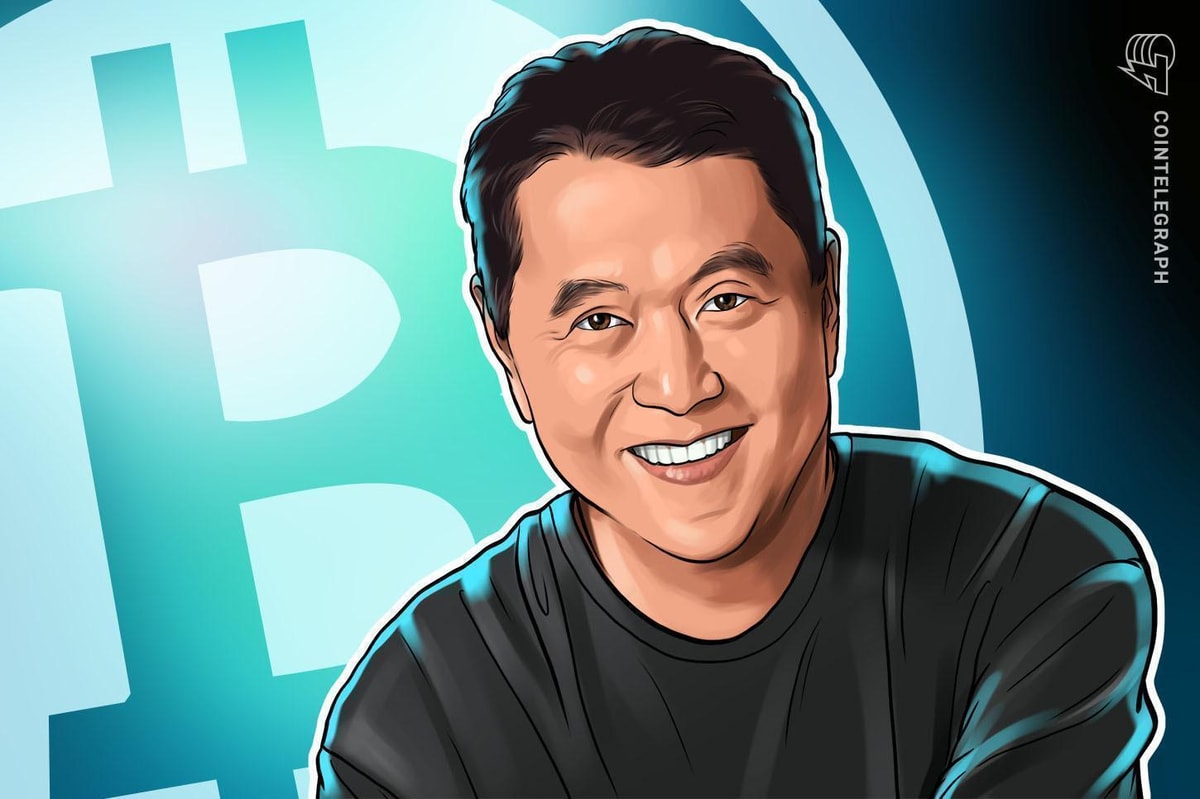The first of three United States presidential debates ahead of the 2024 election took place on June 27 in Atlanta. It was the only televised presidential debate since 1960 to be conducted without a studio audience. But the crowd wasn’t the only thing missing.
While the debate touched on a wide range of topics, covering immigration, voter perception and the economy, there wasn’t a single mention of the terms “artificial intelligence” or “quantum computing.”
This is noteworthy in 2024 for several reasons. Firstly, artificial intelligence (AI) has had an outsized impact on the U.S. stock market, economy and technology sector over the past four years. And, arguably, the next U.S. president will be the first to face down “Q-Day,” the theoretical point at which quantum computers become sufficiently powerful to crack standard encryption methods.
Artificial intelligence
U.S.-based technology and investment firms specializing in AI products, investments and/or services make up six or seven of the 10 most valuable companies on the planet (depending on whether you count Apple or not).
Bank of America recently published a study wherein it claims that AI will have brought more than $13 trillion to the global economy by 2030 (just two years after the next U.S. president’s term will end), with the U.S. in position to reap the lion’s share.
With this in mind, it seems perplexing that the debate staff and CNN moderators didn’t so much as touch on the subject. It also bears mention that neither candidate mentioned AI.
At one point during the debate, incumbent Joe Biden even claimed that Americans faced only one existential threat: climate change.
While it is true that the vast majority of reputable scientists in the world agree that climate change is an existential threat, there are also a significant number of AI insiders who believe the same could be said for the threat of artificial general intelligence (machines capable of human-level cognition).
Related: ‘Doomsday Clock’ calls AI existential threat, ‘disruptive technology’ to humankind
Quantum computing
Another phrase that went unmentioned during the debate was “quantum computing.” Although AI has garnered the majority of the tech news headlines over the past few years, many scientists believe we’re quickly closing in on the point where quantum computers will become useful for banking and finance, shipping and logistics, chemical and materials discovery, and scientific simulations. Unfortunately, that means we’re also closing in on the point where bad actors and U.S. adversaries could potentially build and use a quantum computer to break encryption and steal data.
Related: Q-Day approaching: Can Ethereum survive a quantum emergency?
As Cointelegraph reported, there was also no mention of cryptocurrency or blockchain during the debate. There was also no discussion on election security, deepfakes or social media.
It’s possible that the debate organizers intentionally kept technology out of the debate — the only mention of any tech-related topic seemed to come when both candidates expressed their agreement that the U.S. needs machines capable of detecting fentanyl at its southern border.
However, it’s also possible that one of the two debates scheduled for the future will feature questions and discussions on more tech- and fintech-related topics.











